Hibiscus Tea Benefits & Risk
Hibiscus is a flowering plant from the mallow family, found in tropical climates around the world. The flower, and sometimes its leaves, are dried out to use for tea. People have been drinking hibiscus tea for centuries for its beneficial properties.
But the flower doesn’t affect everyone the same way. In addition to the benefits, there are several risks to be aware of from hibiscus tea. What can be a benefit to some, is actually a risk for others.
1. Antioxidants [Hibiscus Tea Benefit]
Out of all herbal teas, hibiscus has the highest amount of antioxidants. Antioxidants help repair damaged cells (I talk all about them in my post on how tea can actually help you live longer, you should check it out!).
In one study using hibiscus extract on rats, their antioxidants increased and the harmful effects of free radicals were reduced by up to 92%.
Hibiscus also contains a specific type of antioxidant called anthocyanin. This type of antioxidant is also found in berries. It’s what gives them their nice, red colour, and has been linked to reducing your risk of chronic diseases.
2. Lowers Blood Pressure [Benefit & Risk From Hibiscus Tea]
One of the only studies with human subjects and hibiscus was to investigate its link to blood pressure. Although all the results showed that this plant can indeed help lower high blood pressure, it can also be dangerous to anyone who’s BP is already low.
This applies to those already taking medication to lower blood pressure; avoid hibiscus. You don’t want your blood pressure becoming too low.
3. Lowers Blood Sugar [Benefit & Risk of Hibiscus Tea]
Unlike blood pressure studies, there haven’t been any human trials yet for blood sugar. The studies examined the effects hibiscus had on blood sugar levels and were conducted on rats. Nevertheless, they still saw a significant change.
In a 2013 rat study with hibiscus extracts, 12% of the diabetic rats saw a decrease in blood glucose. Interestingly, the non-diabetic rats saw no change at all.
They learned that hibiscus tea is a good drink for those with Type2 diabetes to help regulate their blood sugar levels.
Just like having low blood pressure, decreasing your blood sugar levels too much comes with its own risks.
Don’t drink it if you’re already taking medication to regulate your blood sugar. And you should also avoid it if you’re having, or recovering from surgery. Apparently, your blood sugar levels can be hard to control in those situations.
4. Affects Cholesterol [Hibiscus Tea Benefit]
During the blood sugar rat trials, the hibiscus extract also affected the rats’ cholesterol levels. In fact, a lot of people with diabetes also suffer from high blood fat levels (high “bad” cholesterol).
So more studies were done, and showed that hibiscus doesn’t just affect cholesterol levels of those with diabetes but even those without. The only odd thing was that each study had different results.
In one study, “bad” cholesterol decreased, but in others, it only increased “good” cholesterol and had no effect on the “bad”.
There’s definitely a link between the two, we just don’t know how to get consistent results. More studies need to be done to really figure it out.
5. Benefits Overall Heart Health
Hibiscus does more than lower blood pressure, blood sugar, and cholesterol. If kept at a constant, low level, these benefits will lead to better heart health.
It’s important to keep your blood pressure at a stable level because, over time, high blood pressure can put unnecessary strain on your heart. This weakens it and increases your chances of heart disease.
High blood sugar and fat levels can also lead to stroke and heart disease. So once again, it’s important to regulate.
6. Affects Your Weight [Hibiscus Tea Benefit]
There have been a few trials that found hibiscus affected your weight. It either helped with weight loss or prevented weight gain.
Promotes Weight Loss
A human trial in Taiwan used hibiscus extract for 12 weeks and all subjects saw a change. Results included reduction in overall body weight, body fat, and hip to waist ratio.
It turns out, hibiscus actually contains a few anti-obesity properties. Hibiscus activates the AMPK compound which is found in many anti-obesity drugs. Once activated, it stimulates the breakdown of fats.
Prevents Weight Gain
We already know that hibiscus lowers your blood sugar, but as a bonus side effect, this actually helps prevents weight gain as well.
Low blood sugar decreases your appetite and motivates a healthy metabolism. This stops you from overeating, preventing you from further weight gain.
Hibiscus tea has zero calories, if you don’t add any sweeteners. It makes the perfect thirst-quenching replacement to our beloved sodas and fruit juices and it’s a step up from drinking plain water.
7. Induces Menstruation [Benefit & Risk From Hibiscus Tea]
Hibiscus also affects estrogen. This means that drinking hibiscus tea can actually induce menstruation. This is another example of the benefits and risks from Hibiscus tea that are beneficial to some, but can be a risk to others.
For some women, inducing menstruation is a good thing. If you have an irregular cycle, it can actually help regulate your period. Or, even if you’re already regular, you can brew a cup of hibiscus tea to help with cramps.
But hibiscus tea carries the highest risk for pregnant women. By inducing menstruation it increases your chance of having a miscarriage.
Even if you’re only trying to conceive, it’s still not advised to drink hibiscus tea. It could make your chances of conception a lot harder.
You should also avoid hibiscus if you’re taking any birth control pills or are breastfeeding
8. AntiBacterial Properties [Hibiscus Tea Benefit]
Hibiscus tea doesn’t just look or taste like cranberry juice, it also has the same healing properties.
Like cranberry juice, hibiscus works wonders for getting rid of and preventing urinary tract infections (UTIs). I won’t go into the details for this one (but you can find more info here), or just know that it has anti-bacterial properties!
9. Interacts With Medications [Hibiscis Tea Risk]
Because hibiscus is an herb, it can interact with medications, bringing added risks. The most concerning interaction is with acetaminophen (the active ingredients in Tylenol).
There haven’t been enough studies to fully describe the risks yet, but we know that both are processed in your liver. So there are concerns that it could be very toxic.
Probably best to stay away from mixing Tylenol and hibiscus for now.
And as I said before, don’t drink hibiscus tea if you’re on medication for blood pressure or blood sugar. The combination of both can lower either one too much.
How Much Hibiscus Tea Can You Drink?
If you’re not at risk health wise by drinking hibiscus tea, it’s still best not to overdo it. There still isn’t enough research done, so because there are many benefits and risks from hibiscus tea, it’s recommended to limit your consumption to 2-3 cups per day.
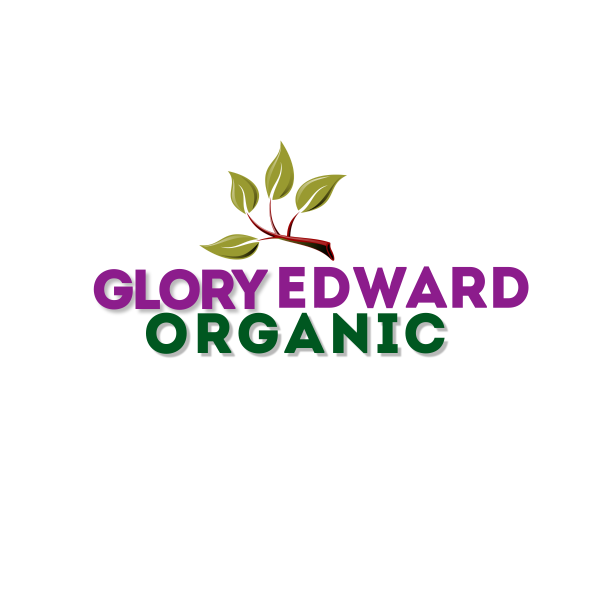
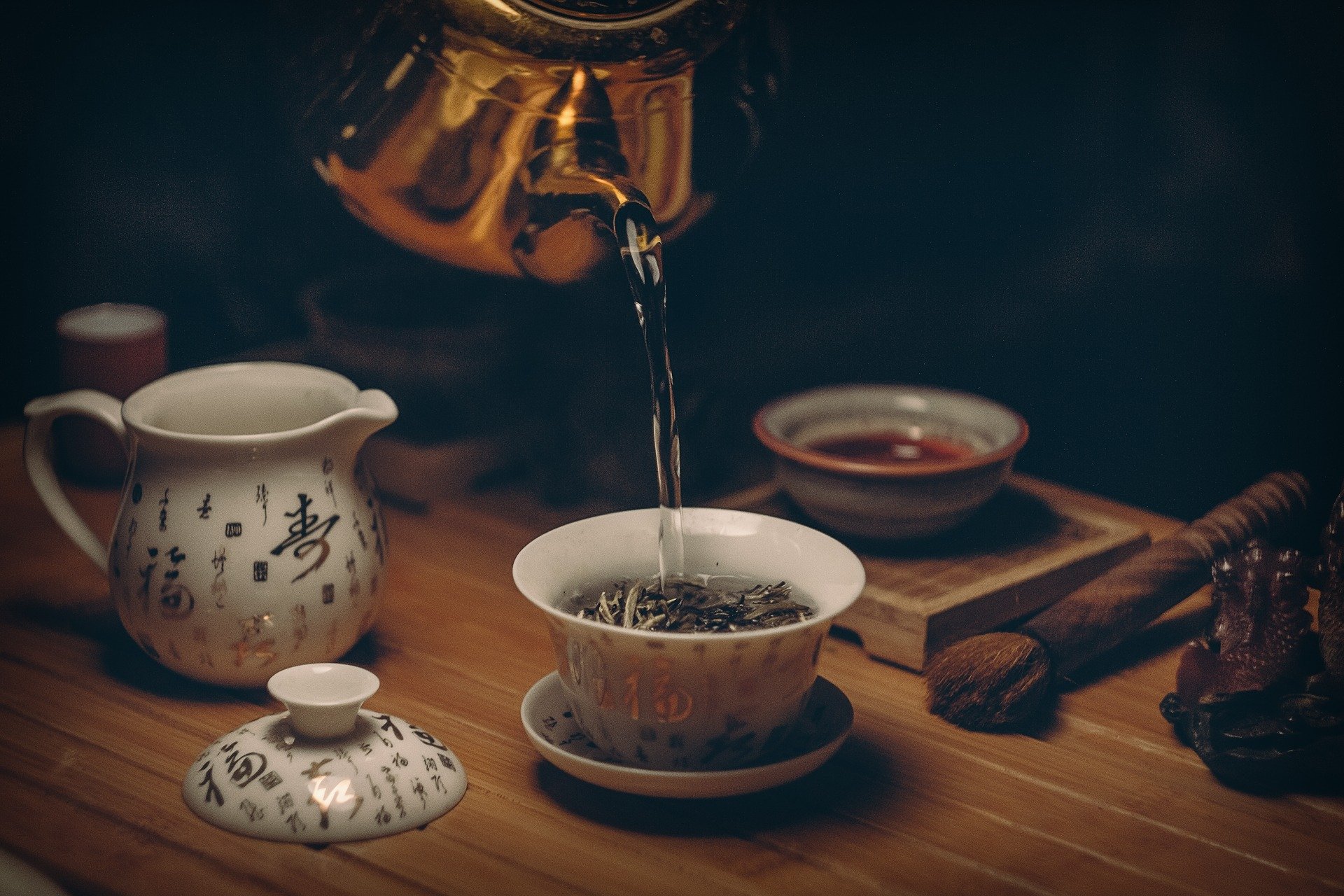
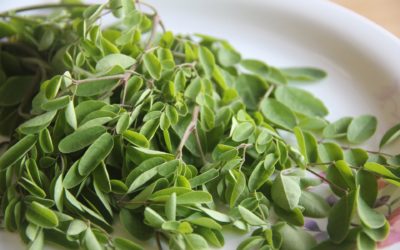
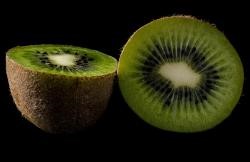
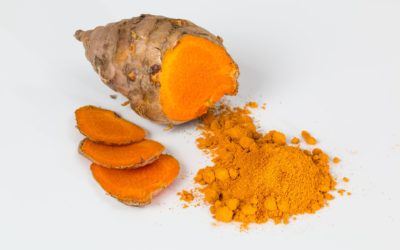

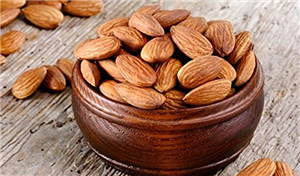

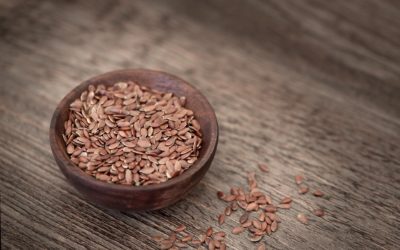

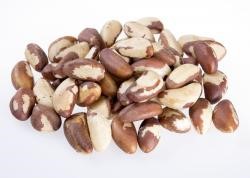
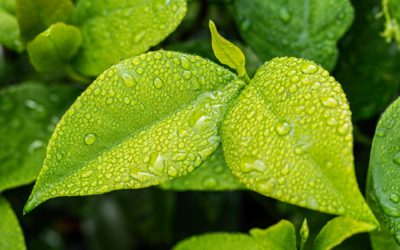
Leave a Reply